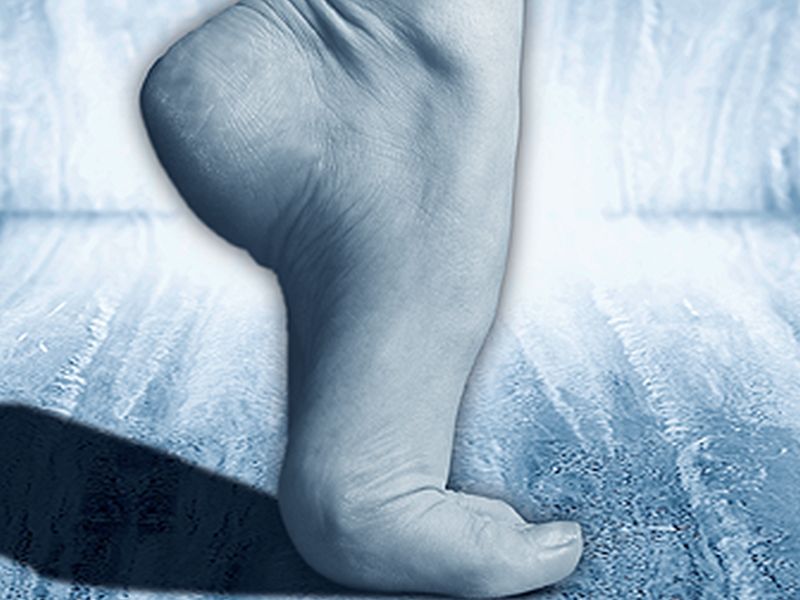
Mammogram? Check. Pap test? Check. Blood pressure? Check. Hearing and vision? Check. Screenings are an important part of maintaining women’s health. They can detect disease when it’s most treatable and prevent serious problems, according to Dr. Lili Lustig. She is a family medicine specialist at University Hospitals Cleveland Medical Center in Ohio. To get the… read on >




























